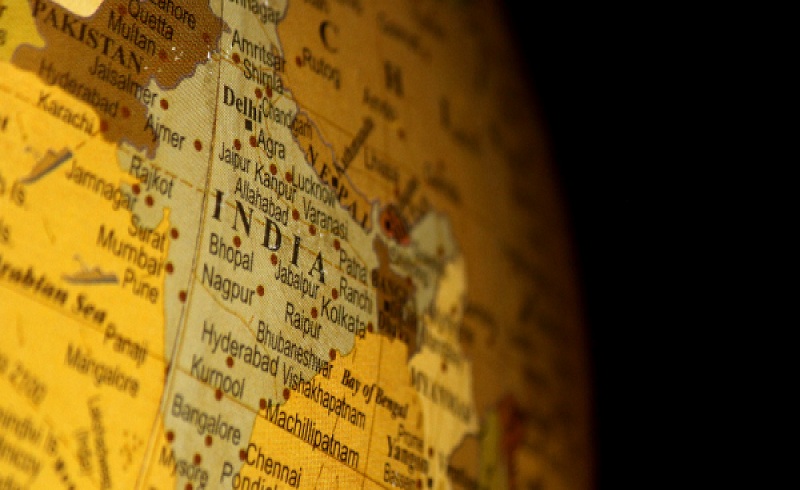Indian Courts Reaffirm Religious Freedom Rights Amid Growing Intolerance

On April 5, 2021, Pastor Sanjay Bhandari sustained multiple contusions and internal injuries from an aggravated assault by 60 radical Hindu nationalists. Pastor Bhandari, a pastor from India’s Karnataka state, has served his congregation without facing nationalist violence for years.
Pastor Bhandari said, “I was tortured for following my Christian faith. There was absolutely no other reason for them to drag me out of my relative’s home and beat me mercilessly. As a result, even today, I am not able to hear anything out of my left ear due to the injury I sustained in the attack.”
The nationalists falsely accused Pastor Bhandari of illegally converting Hindus to Christianity; a narrative often used to justify violence against Christians.
The attack tells Pastor Bhandari that intolerance against religious minorities is growing to new heights in his location. However, in early April, the Indian Supreme Court and Madras High Court passed rulings on religious freedom that have rekindled the hopes of many minorities by reaffirming religious freedom as protected by the constitution.
On April 8, the Madras High Court said, “allowing religious intolerance is not good for a secular country… the court observed the ‘resistance’ by one religious group, if reciprocated by another, could lead to chaos and riots.” The Supreme Court ruled, a day later, that adults over the age of 18 are free to choose their religious identity and denied a plea for Indian states to control black magic and religious conversions.
Dr. Sam Paul, President of the National Christian Council (NCC), told , “These landmark judgments are to be welcomed in these hostile situations because of the growing attacks on Christians and false narratives of forced and fraudulent conversions.”
When asked for his thoughts on the recent rulings, Pastor Bhandari said, “These are good laws, but not helpful in my situation. Today, a month and a half after my attack, the police have still taken no action against those who tortured me. Have those laws helped me in any way?”
Pastor Bhandari explained that five other attacks happened around the same time, and none received justice.
Dr. Paul observed that the timing of the two rulings might be ideal.
“There is growing concern among the religious minorities regarding their right to religious freedom, particularly in BJP ruled states,” Dr. Paul explained. “However, these rulings may not be loud enough to counter the propaganda of the right-wing groups that Christianity is foreign religion and Christians are involved in fraudulent conversions.”
While the rulings by the Supreme Court and the Madras High Court do reaffirm the religious freedom rights of Christians and other minorities, more must be done to enforce these rights at the grassroots level. Religious extremists, especially radical Hindu nationalists, are too often allowed to attack minorities with impunity, thus limiting their abilities to practice the religion of their choice. If this trend is allowed to continue, religious freedom in India would only exist in India’s courtrooms, not the homes of the country’s citizens.
